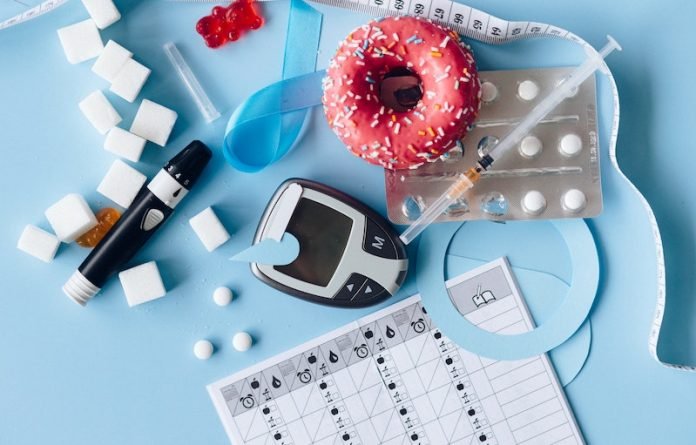
Researchers have suggested that age, not weight, should be the focus of diabetes and prediabetes screening in order to capture the greatest number of people in all racial and ethnic groups.
The new Northwestern Medicine study showed that screening all adults aged 35 to 70, regardless of weight, can identify the most proportion of adults with prediabetes and diabetes in the US.
It can also maximize the ability to diagnose prediabetes and diabetes across all racial and ethnic groups.
The team says that all major racial and ethnic minority groups develop diabetes at lower weights than white adults, and it’s most pronounced for Asian Americans.
The US Preventive Services Task Force currently recommends screening only overweight or obese individuals aged 35 to 70.
But the study argues that such a weight-based approach misses out on many people from racial and ethnic minority groups who develop prediabetes and diabetes at lower weights.
Diagnosing diabetes in adults from racial and ethnic minority groups is often delayed when compared with diagnosis in white adults.
A delayed diagnosis makes the disease harder to control, and individuals are more likely to develop diabetes complications in the heart, eyes, and kidneys, while also having a higher risk of dying.
The team says that “Diabetes is a condition in which unacceptable racial and ethnic disparities persist. That’s why we need a screening approach that maximizes equity. If we can find everyone earlier, it helps us reduce these disparities and the bad outcomes that follow.”
The researchers argue that making screening decisions based on age alone is simpler for clinicians to implement, and may result in greater uptake of this screening approach.
According to the study, screening all adults aged 35 to 70, regardless of weight or body mass index, performs equitably across all racial and ethnic groups.
The study is the first to examine the health-equity implications of the current screening recommendations.
The researchers examined the clinical performance of the 2021 US Preventive Services Task Force prediabetes and diabetes screening recommendation, as well as alternate age and Body Mass Index (BMI) cutoffs.
The study found that Asian American adults with prediabetes and diabetes are the most likely to be missed in the current guidelines for prediabetes and diabetes screening.
Asian American adults often develop diabetes and prediabetes at a normal weight, and as a result, they are the most likely racial group to be missed.
The researchers estimate that approximately 6 million Asian Americans have prediabetes or undiagnosed diabetes.
Up to 70% of adults with prediabetes will eventually develop diabetes. Approximately half of US adults have type 2 diabetes or prediabetes, which represents a major public health concern.
Overall, 81% of adults with prediabetes are not aware of having the condition, and 23% of diabetes cases remain undiagnosed.
Many studies have found that only half of eligible adults or fewer are tested for prediabetes and diabetes.
The epidemiologic study was conducted in collaboration with researchers from the US Centers for Disease Control and Prevention and Emory University using nationally representative data from the National Health and Nutrition Examination Surveys.
If you care about diabetes, please read studies about how COVID-19 is linked to diabetes, and scientists find new way to detect fatty liver disease accurately.
For more information about diabetes, please see recent studies that Keto diet could benefit overweight people with diabetes, and results showing Mediterranean diet could help reduce the diabetes risk by one third.
The study was conducted by Dr. Matthew O’Brien et al and published in the American Journal of Preventive Medicine.
Copyright © 2023 Knowridge Science Report. All rights reserved.



